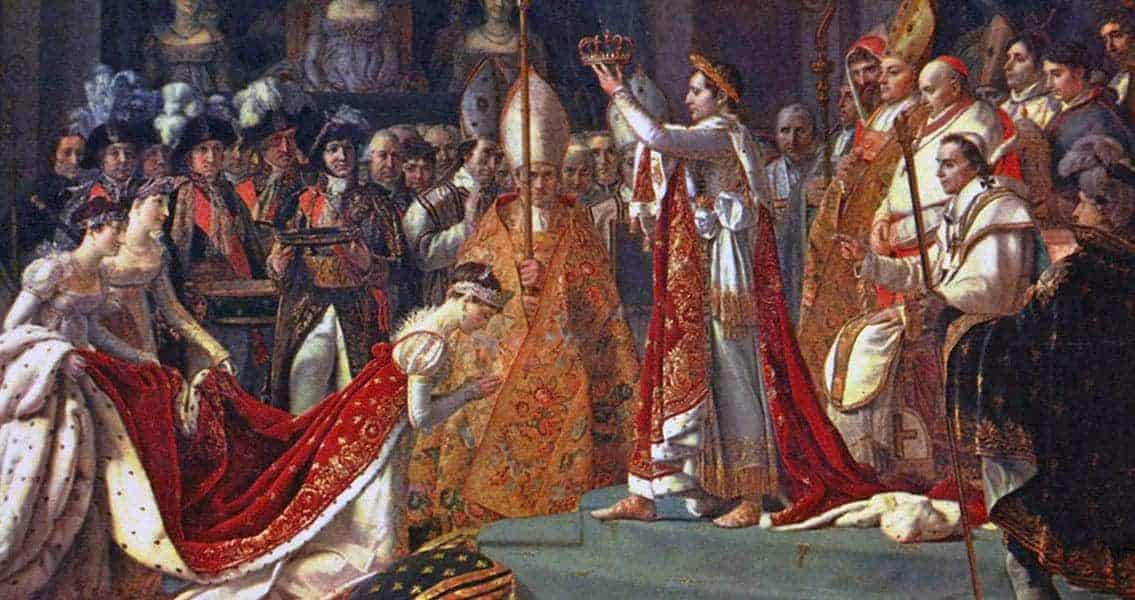It isn’t easy to ‘judge’ military leaders as they could only use the resources and logistical systems of their time. When attempting to simplify this complex query, historians tend to go by Politics, Strategy, Tactics, and Logistics. There are very few generals in history who excel in all of the above and in most cases; supposedly ‘great’ commanders are deficient in more than one.
Certain generals excel in one or two of the above, but a promotion often placed them in a position where their weaknesses were brought to light. As it’s hard to judge ancient commanders, I have only included one from before the 18th century. I have chosen four military leaders who possessed certain qualities but lacked severely in others. All of these individuals were either good or even great in their way but carry a loftier reputation than they deserve.

1 – Pompey the Great
Gnaeus Pompeius Magnus was one of the most influential men in the late stages of the Roman Republic. He was a member of the First Triumvirate along with Julius Caesar and Crassus and was given the name ‘Magnus’ (the Great) by Sulla (possibly ironically) after his success in Sulla’s Second Civil War in 82 BC. He was a consul of the Roman Republic three times and sided with the conservative part of the Roman Senate (the optimates) in the civil war with Caesar. Defeat at the Battle of Pharsalus in 48 BC was an ignominious end to his military career; he was assassinated in Egypt the same year.
Pompey is lauded as a great military commander by some, but his best victories probably came at the very beginning of his career. He impressed Sulla during the Second Civil War and was sent to Africato to fight Gnaeus Domitius; Pompey subsequently routed his opponent. He was welcomed as a hero upon his return to Rome and given his nickname. However, Pompey was also known as the ‘adolescent butcher’ due to the ‘unnatural cruelty’ shown to his enemies in a previous campaign in Sicily.
Pompey led an army against Quintus Sertorius in Spain during the Sertorian War and was comprehensively defeated at the Battle of Lauro. Things got no better at the Battle of Sucro where, once again, Pompey was easily beaten in an open field battle and was almost captured. Things only improved once he was joined by Quintus Caecilius Metellus Pius and the duo gained a win at the Battle of Saguntum. However, Pompey knew he couldn’t win the war, so he placed a bounty on the head of Sertorius. It was a successful strategy as his enemy was murdered by one of his own men!
Pompey returned in time to take a significant amount of credit for Crassus’ work in defeating Spartacus in the Third Servile War in 71 BC. He finally became consul in 70 BC and claimed to be the First Man in Rome. Pompey beat the Pirates of the Mediterranean who had been a major problem but given the enormous resources at his disposal; it would have been tough for Pompey not to emerge victoriously! His propensity to take credit for the hard work of others led to him being called a vulture by Lucius Licinius Lucullus.
Lucullus had enjoyed success against the kings of Armenia and Pontus during the Third Mithridatic War. Pompey once again swooped in, won a minor victory, and the cards fell into place as Mithridates VI, the King of Pontus, committed suicide while Tigranes, the King of Armenia, surrendered. With Caesar and Crassus, he was one of Rome’s most powerful men but backed the Senate against Caesar in the civil war and lost. After winning a victory at Dyrrachium in 48 BC, he was defeated at Pharsalus despite having twice the men Caesar had. He fled to Egypt but only found death at the hands of the Egyptian King’s men.
Pompey has been described as an able commander but not an innovative one. He possessed excellent organizational skill but was reluctant to fight open battles. Perhaps he knew his limitations because when he was pressurized into fighting an open battle at Pharsalus, he was soundly beaten.

